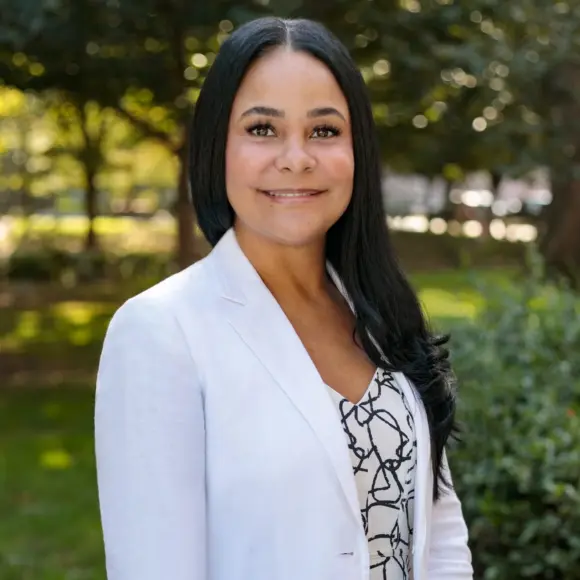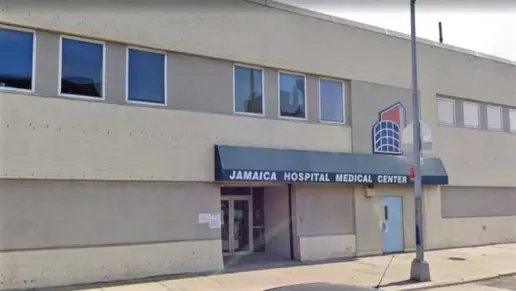About Bleuler Psychotherapy Center
Bleuler Psychotherapy Center provides mental health and substance use services for children, teens, adults, and families in Forest Hills, New York. They offer outpatient programs that incorporate counseling, psychotherapy, psychiatry, medication assisted treatment, and group therapy. They’re in network with most commercial insurance plans and you can also pay privately.
I like that their counseling services include an educational element to help you learn more about the risks and consequences of substance abuse. Their goal is to inform and equip you enough that you’re motivated to change on your own. In addition to cognitive behavioral therapy, they also utilize motivational interviewing.
Once you’ve completed your treatment, you can participate in their long term continuing care program. This gives you access to ongoing clinical support that can help you sustain your recovery progress. You’ll check in regularly with your assigned counselor to talk about issues you’re facing and find tools to cope with stress, triggers, and cravings without turning to drugs and alcohol.
If you need medication to help treat your addiction and prevent an overdose, your providers may offer it in addition to your counseling treatment. At this center, they use buprenorphine and Vivitrol to help manage pain and prevent relapse.
While many clients say they’ve connected well with their therapists and have experienced success in the program, others haven’t had the same experience. Scheduling conflicts and communication issues are some of the commonly reported problems.
Latest Reviews
Rehab Score
Accepted Insurance





Other Forms of Payment
Medicaid is a state based program that helps lower-income individuals and families pay for healthcare. Medicaid covers addiction treatment so those enrolled can use their coverage to pay for rehab. When a program accepts Medicaid the client often pays very little or nothing out of their own pocket.
Private insurance refers to any kind of healthcare coverage that isn't from the state or federal government. This includes individual and family plans offered by an employer or purchased from the Insurance Marketplace. Every plan will have different requirements and out of pocket costs so be sure to get the full details before you start treatment.
Self-pay involves paying for treatment out of your own pocket. You can use savings or credit, get a personal loan, or receive help from family and friends to fund your treatment. If you don't have insurance or your insurance plan doesn't cover a specific program, self-pay can help ensure you still get the care you need.
Sliding scale payments are based on a client's income and family size. The goal is to make treatment affordable to everyone. By taking these factors into account, addiction recovery care providers help ensure that your treatment does not become a financial burden to you or your family, eliminating one barrier to care.
Medicare is a federal program that provides health insurance for those 65 and older. It also serves people under 65 with chronic and disabling health challenges. To use Medicare for addiction treatment you need to find a program that accepts Medicare and is in network with your plan. Out of pocket costs and preauthorization requirements vary, so always check with your provider.
Addiction Treatments
Levels of Care
 Outpatient
Outpatient
 Aftercare Support
Aftercare Support
Treatments
Mental health rehabs focus on helping individuals recover from mental illnesses like bipolar disorder, clinical depression, anxiety disorders, schizophrenia, and more. Mental health professionals at these facilities are trained to understand and treat mental health issues, both in individual and group settings.
Programs

Adult Program

LGBTQ Program

Young Adult Program
Clinical Services
Cognitive Behavioral Therapy (CBT) is a therapy modality that focuses on the relationship between one's thoughts, feelings, and behaviors. It is used to establish and allow for healthy responses to thoughts and feelings (instead of unhealthy responses, like using drugs or alcohol). CBT has been proven effective for recovering addicts of all kinds, and is used to strengthen a patient's own self-awareness and ability to self-regulate. CBT allows individuals to monitor their own emotional state, become more adept at communicating with others, and manage stress without needing to engage in substance abuse.
Whether a marriage or other committed relationship, an intimate partnership is one of the most important aspects of a person's life. Drug and alcohol addiction affects both members of a couple in deep and meaningful ways, as does rehab and recovery. Couples therapy and other couples-focused treatment programs are significant parts of exploring triggers of addiction, as well as learning how to build healthy patterns to support ongoing sobriety.
Research clearly demonstrates that recovery is far more successful and sustainable when loved ones like family members participate in rehab and substance abuse treatment. Genetic factors may be at play when it comes to drug and alcohol addiction, as well as mental health issues. Family dynamics often play a critical role in addiction triggers, and if properly educated, family members can be a strong source of support when it comes to rehabilitation.
Group therapy is any therapeutic work that happens in a group (not one-on-one). There are a number of different group therapy modalities, including support groups, experiential therapy, psycho-education, and more. Group therapy involves treatment as well as processing interaction between group members.
In individual therapy, a patient meets one-on-one with a trained psychologist or counselor. Therapy is a pivotal part of effective substance abuse treatment, as it often covers root causes of addiction, including challenges faced by the patient in their social, family, and work/school life.
Trauma therapy addresses traumatic incidents from a client's past that are likely affecting their present-day experience. Trauma is often one of the primary triggers and potential causes of addiction, and can stem from child sexual abuse, domestic violence, having a parent with a mental illness, losing one or both parents at a young age, teenage or adult sexual assault, or any number of other factors. The purpose of trauma therapy is to allow a patient to process trauma and move through and past it, with the help of trained and compassionate mental health professionals.
Amenities
-
Private Setting
Staff

Rudolf J. Karvay, J.D
Executive Director & CEO

Dr. Jordania Estrella, Psy. D
Chief Program Officer

Lora DeGuzman
Chief Administrative Officer

Nina Kim, PHR
Director of Human Resources

Zahia Abuhamda
Director of Administrative Services

Zory Wentt, LCSW-R, MBA
Director of Clinic Operations
Contact Information
104-70 Queens Boulevard
Queens, NY 11375













